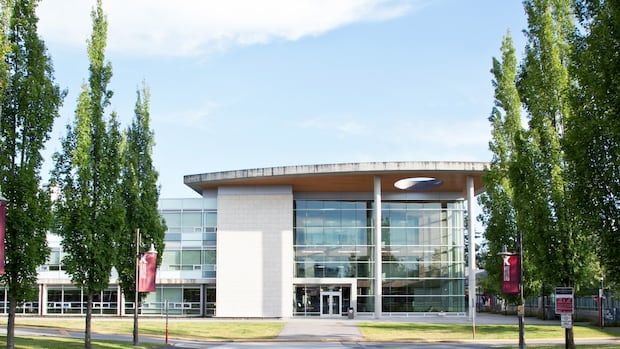Mounting layoffs at B.C. schools creating ‘biggest crisis in post-secondary ever,’ faculty association says

The impact of government policies on post-secondary institutions in British Columbia has been significant, with more faculty positions being cut at schools like Langara College and Kwantlen Polytechnic University. These cuts are a result of new regulations that have reduced the number of international students, leading to a decrease in revenue for these institutions.
Faculty associations are speaking out against these job losses, stating that they are weakening the quality of post-secondary education in the province and leaving schools with limited options to replace the lost income. The Vancouver Community College’s faculty association president, Frank Cosco, described the situation as the “biggest crisis in post-secondary ever,” emphasizing the need to find alternative sources of revenue.
VCC is set to cut over two dozen positions by 2026, while KPU plans to remove around 45 positions by March of the same year. Langara College has already eliminated 69 positions due to a decline in international student enrollment. Dr. Paula Burns, president and CEO of Langara College, expressed the difficulty of saying goodbye to colleagues and friends who have contributed to the institution.
The job losses are a direct result of changes made by the federal government to reduce the number of international student permits issued by Canada. In response, the B.C. government implemented a cap on the number of international students that public post-secondary institutions could accept, further exacerbating the financial challenges faced by these schools.
While reforms may be necessary, faculty associations argue that governments should not shift the burden onto post-secondary institutions that were encouraged to attract international students in the past. They are calling for interventions to address the impact of these policies on faculty and students.
In a statement, B.C.’s minister of post-secondary education and future skills, Jessie Sunner, acknowledged the financial pressures faced by institutions and pledged to work closely with schools like KPU to navigate these challenges. The province is exploring ways to manage costs and improve revenues, but the details of these strategies have not been disclosed.
The job losses have had a ripple effect on students, with many experiencing delays in graduation due to restricted course offerings. Cole Reinbold from the B.C. Federation of Students highlighted the increased cost of obtaining a degree as a result of these challenges.
The situation remains fluid as post-secondary institutions in B.C. continue to grapple with the fallout from the changes in international student policies. It is crucial for stakeholders to work together to find sustainable solutions that prioritize the quality of education for all students.




